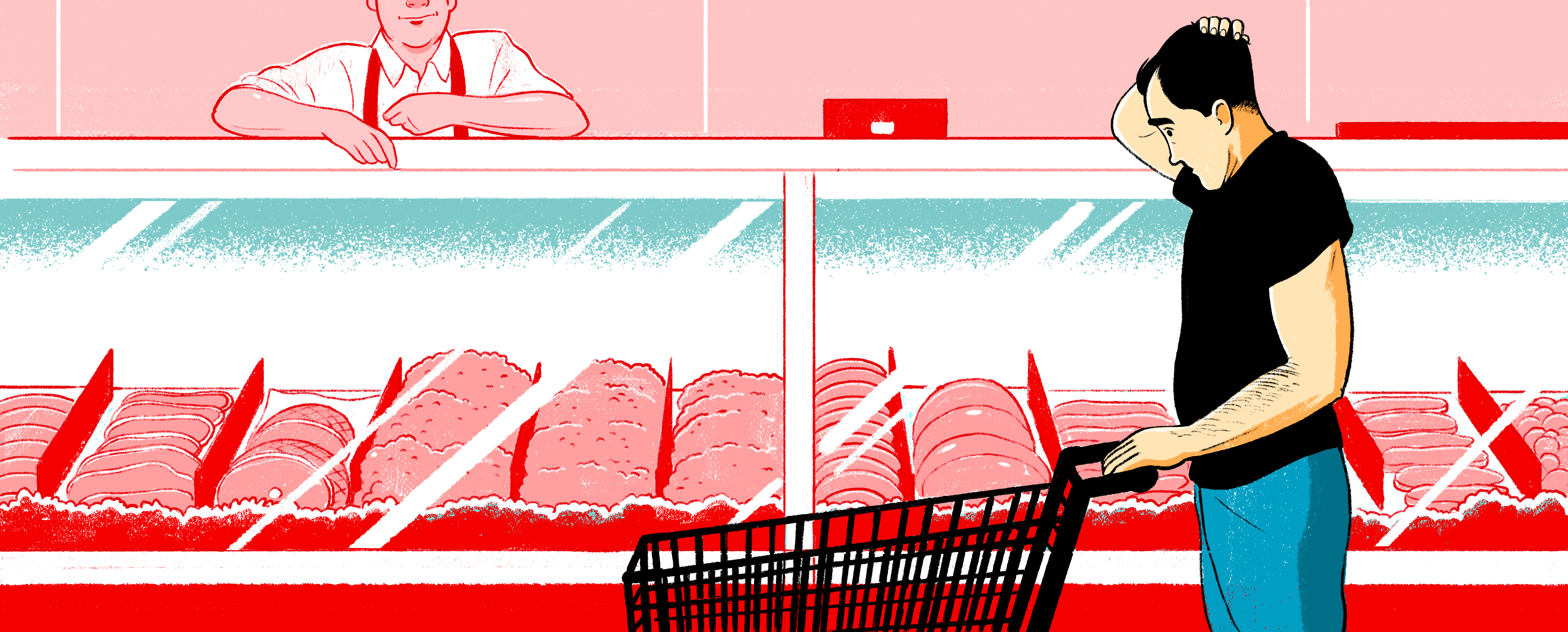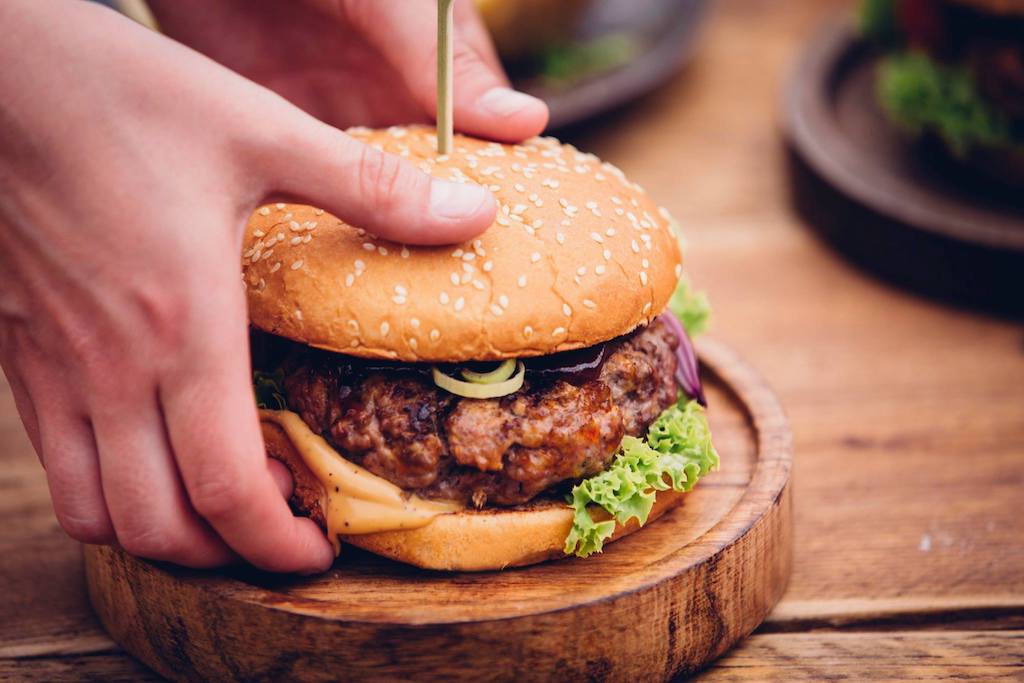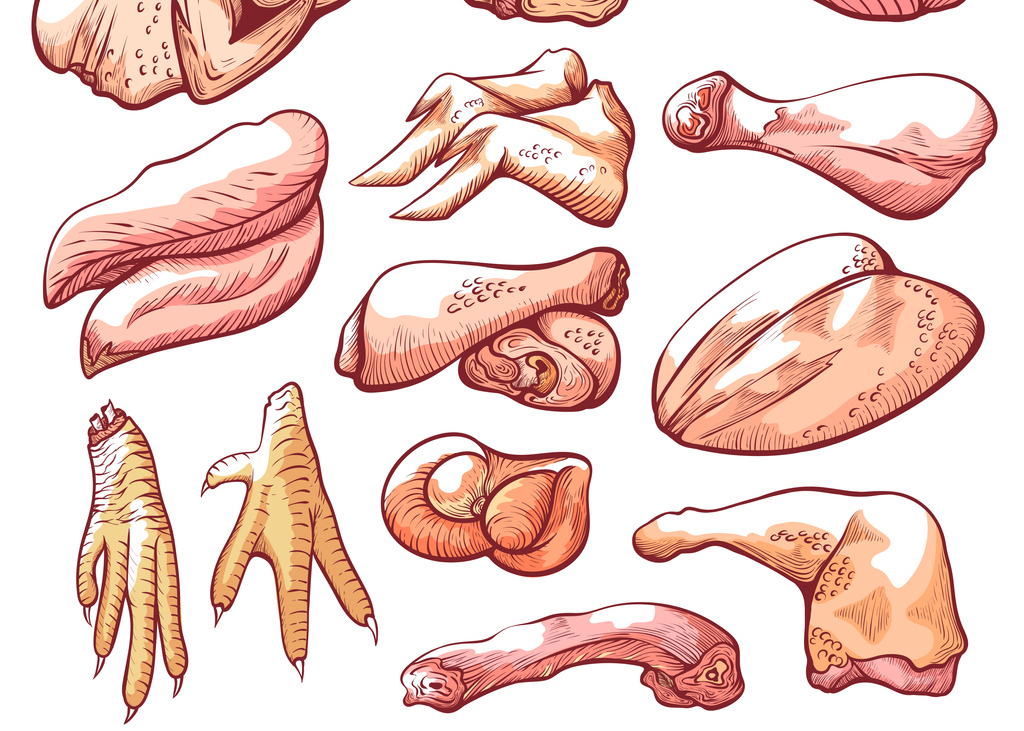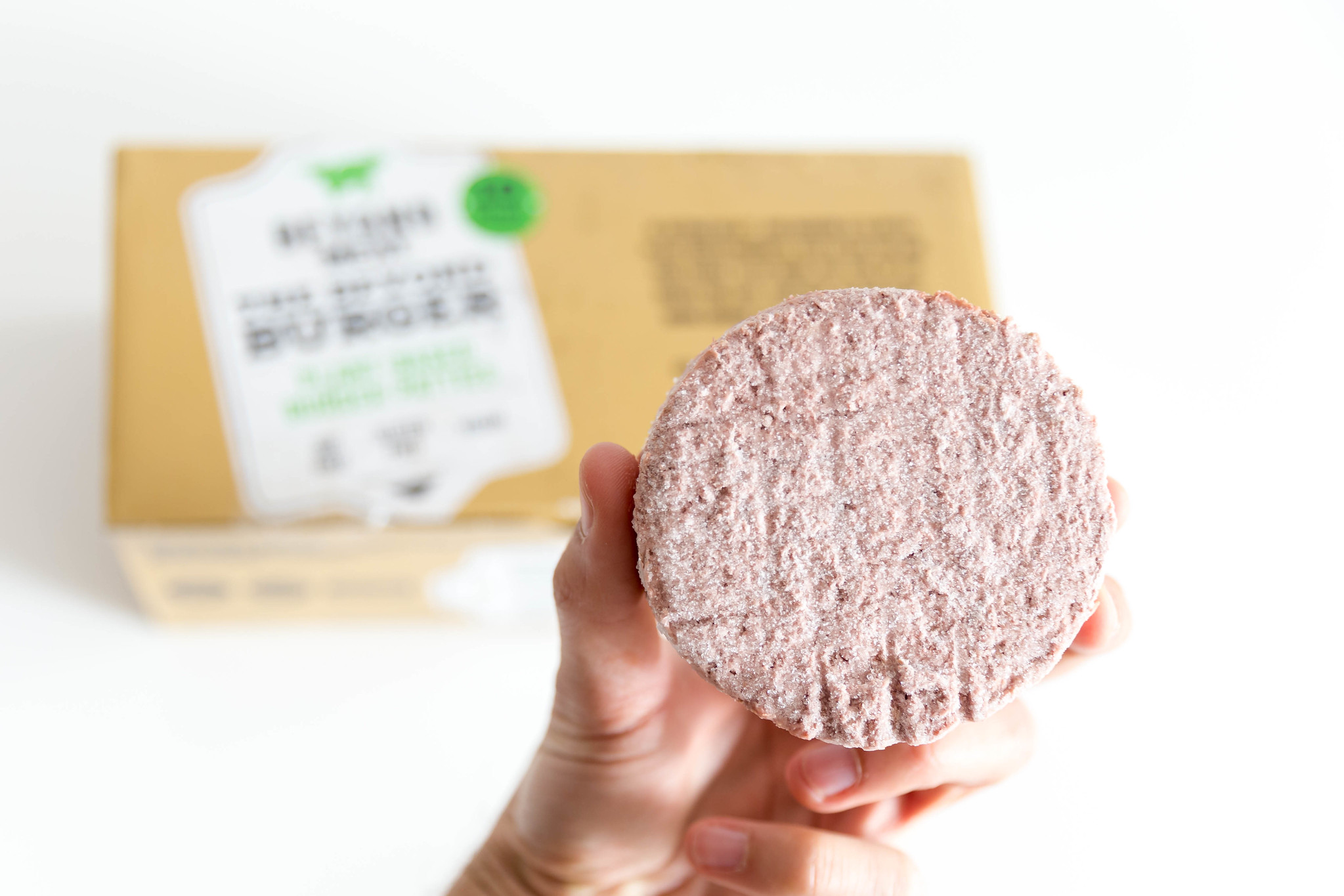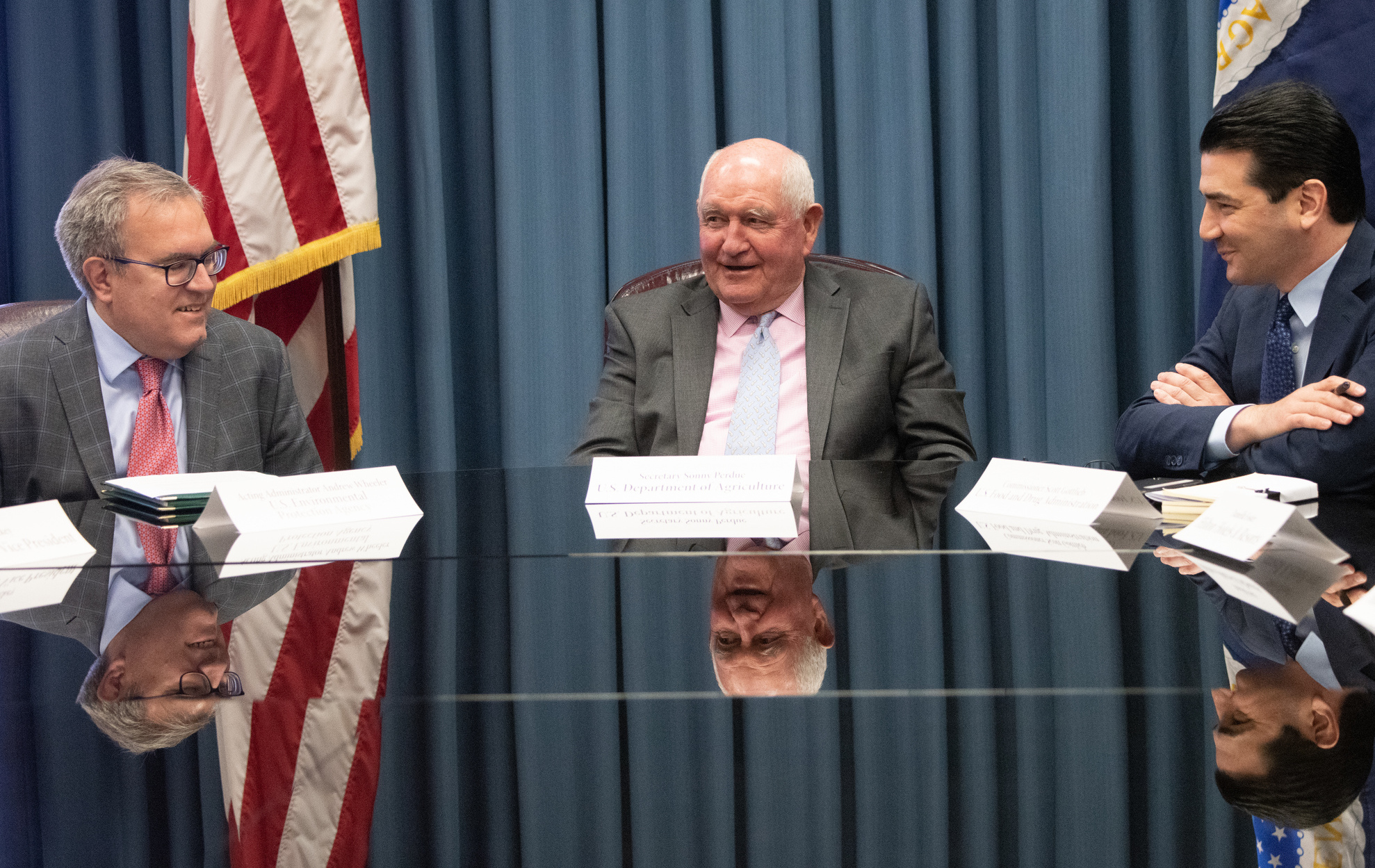
Bill Hayes
Yesterday, we hosted our first Meat Month Q&A with renowned food scholar and writer Marion Nestle.
Nestle is a professor emerita in the department of nutrition and food studies at New York University. She is the author of Food Politics (2002)—a book that helped make the economic and political structure of the American food system a mainstream concern. Nestle’s writing and research has focused on the way industry groups have used their power to influence national nutrition policy. Eating meat, as we reported, comes with a host of ethical, environmental, and economic conundrums. If there’s anyone who could help us make sense of them, it’s Marion Nestle. And she did.
If you couldn’t make the discussion, don’t worry—we’ve recapped it below.
~
Our first question came from a vegetarian who wanted to know the circumstances under which “cheating” is okay:
#CarnivoresDilemma @newfoodeconomy I’m vegetarian mainly because of environmental concerns (amount of water and grain required to grow, and fuel to transport meat) and animal welfare. But, if we “cheat”, is it ok to eat locally sourced, grass fed, organic meat? #pleasesayyes https://t.co/JaN4m6INyo
— David D (@concussed_1) July 12, 2018
Nestle’s response:
In my view, everything connected to the ethics of meat-eating is a compromise between sets of values. Your challenge is to decide which values are important to you and find ways to act on them. That you are struggling with this is highly commendable. Courage!
— Marion Nestle (@marionnestle) July 12, 2018
Many Q&A participants were curious about Nestle’s take on lab-grown meat:
@newfoodeconomy Hi @marionnestle what are your thoughts on lab grown meat? #carnivoresdilemma
— Clare Gordon Bettencourt (@dearclare) July 12, 2018
Here’s a question from us: How do you feel about the marketing claims made by alternative protein companies, specifically the claim that these new products really offer a path towards a more sustainable future? #carnivoresdilemma
— The New Food Economy (@newfoodeconomy) July 12, 2018
To sum it up: Lab-grown meat, like conventional meat, is complicated.
Interesting in theory, complicated in practice. For some people, this is a real alternative. For others, it raises uncomfortable issues of processing and artificiality. Investors think it has great promise. I’m somewhat skeptical and am waiting to see how it turns out..
— Marion Nestle (@marionnestle) July 12, 2018
No question, lab-based meat solves problems of animal welfare and the climate-change impact of industrial animal agriculture. Whether it raises other issues of sustainability remains to be seen. It’s too new to know.
— Marion Nestle (@marionnestle) July 12, 2018
That complexity extends even to which regulatory body ought to govern it:
I’m at a FDA public hearing on how the government should soon regulate in vitro meat – do you think this falls under FDA or USDA jurisdiction? #confused
— Haley Swartz (@HaleysFoodFeed) July 12, 2018
Nestle’s verdict? The FDA.
Between the two agencies, I favor FDA. USDA’s primary role is to support and defend industrial agricultural production. The agency tolerates, but is unenthusiastic about organics. It will do the same for lab-based meat.
— Marion Nestle (@marionnestle) July 12, 2018
One of the key focuses of Nestle’s research and writing centers around the way that big food companies and trade groups influence nutrition policies. So we wondered:
Another #carnivoresdilemma question that’s on our minds: For many Americans, a meal isn’t complete unless it contains meat. To what degree is our attachment to meat a manufactured (rather than biological) need? Has industry influence impacted our fixation with animal protein?
— The New Food Economy (@newfoodeconomy) July 12, 2018
It’s a bit of both:
The American diet derived from the Germanic, where even today meat appears at every meal. Once health concerns were raised about the effects of meat on health, the meat industry lobbied to make sure dietary guidelines favored meat-eating (I discussed this in Food Politics).
— Marion Nestle (@marionnestle) July 12, 2018
Which leads to another question about big food companies and their influence:
@newfoodeconomy @marionnestle What do you tell consumers trying to navigate the many labels (natural, organic, grass-fed, etc) found in the meat case? #carnivoresdilemma
— Mackenzie Stephens (@mackenziekstep) July 12, 2018
You won’t be surprised to hear that a lot of labels are pure marketing.
As with all else about food choice, you have to pick your issues. Organic has a defined, regulated meaning that involves inspection. You have to trust producers for the other terms. Labels are supposed to be truthful and not misleading, but caveat emptor.
— Marion Nestle (@marionnestle) July 12, 2018
~
Now you’re all caught up! Thanks to Marion Nestle for a great Q&A. And stay tuned: We’ll be hosting more #CarnivoresDilemma discussions all throughout the month of July.
